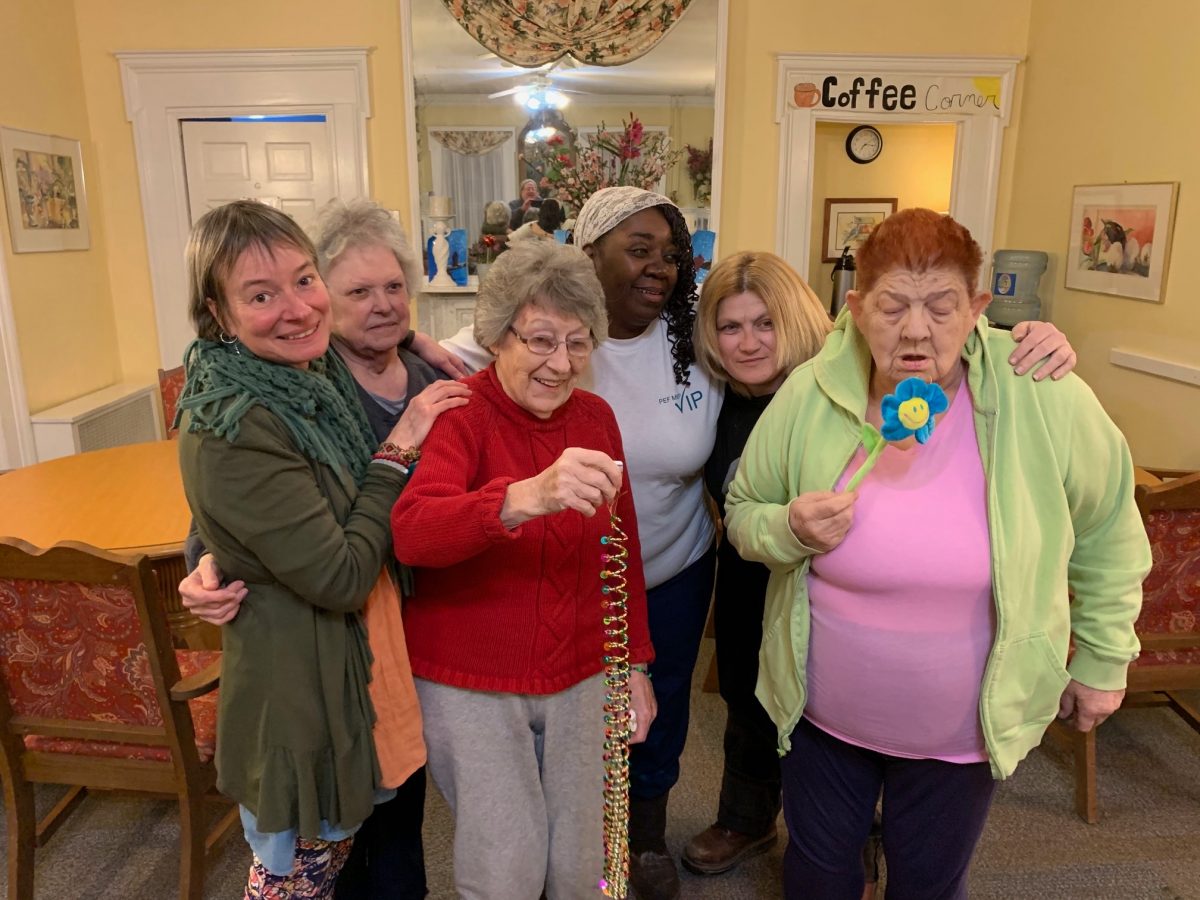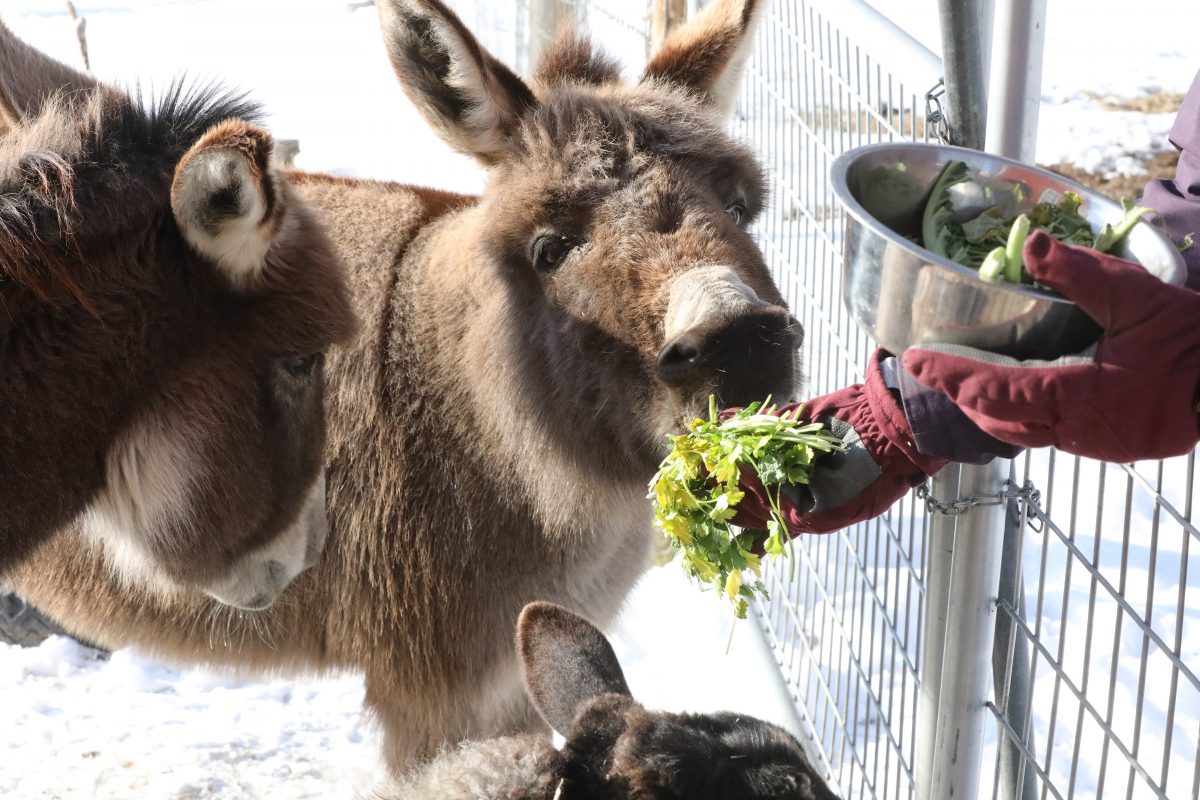I figured out a few year ago that most of my worrying was about the future, not the present or the past. I was so afraid of what might happen, it sent me into one panic after another. What if I had no work? No money? No success?
I zeroes in on this fear in my daily meditation.
I began studying radical acceptance and also began meditating regularly, and one of the central ideas of meditation is to help the mind live in the present, in the now. That is the peaceful place where the mind can find quiet and peace.
Meditation and spirituality teach the idea of a Gentle Mind, a softer mind.
Be kind to yourself, was the lesson this morning from my meditation teacher, be kind to yourself, he said, so that you may learn how to be kind to others.
I’ve been working on this idea of the gentle mind for sometime, and also the idea of being in the moment. In meditation, when my mind wanders, I have learned to focus on my breathing, to get grounded again. We are told over and over again to plan and worry about the future, not to celebrate the present.
There is nothing more antithetical to spirituality and peace of mind than that idea.
We are taught, wrote Paul Tillich in his book The Eternal Now, to expect an endless future, in this world and beyond, one in which we may achieve or possess what we have failed to get in our present lives.
Our culture teaches us to deny an end, to hide from the fact that we shall all end. We refuse to accept, wrote Tillich, “that we are all creatures, that we come f rom the eternal ground of time and return to the eternal ground of time and have received a limited span of time as our time.”
A very limited time in the scheme of things. That idea spawns perspective. How do I wish to use my time? Not in worry, for sure.
I saw in my meditation that I didn’t wish to spend my life in fear of what my happen. Living in the present sheds so much of the fear and worry that followed me around for much of my life.
Last week, a woman wrote me a message saying it wasn’t my business, but she lived in a small town in upstate New York and read on my blog that I was thinking of going to visit my granddaughter, and she thought I ought to know that it was dangerous to write this on my blog, because she knew for a fact that there were people who would break into my house if they knew I was away and steal everything of value that I had.
She knew it was none of her business, she said, but she thought I ought to be warned. There is a rare day in my life when someone is not warning me of one thing or another, from shoveling snow to feeding rawhide to my dogs to eating certain vegetables.
Living a life of warnings to me is just another way of living in fear. I won’t do it. The Warning Makers, I call them, have supernatural instincts which lead them to fearful people, upon which they feast. If you listen to one, there will soon be a swarm of Warning Makers, they move quickly, like ants on a fallen sugar cone.
I wrote back and told her the farmhouse would not be empty, and was never left empty, and yes, I said, it was not her business, thanks for the concern. We are aware of safety precautions. I don’t care to be warned about my life, and I won’t live in fear.
She was quite indignant of course, and huffed off in a snit, as happens with people to tell me they know I hate advice, but here is some anyway. It never ends well, and they will never stop.
In meditation, I thought of Tillich’s observation: “We go towards something that is not yet, and we come from something that is no more.” The more I thought about that, the more the message sunk in. I remembered that I did fear the past, especially my mistakes, I was full of regrets, and it made me fearful and anxious to think of them.
If I made so many grievous mistakes in the past, and called them up all the time for regret, why shouldn’t I fear the future? Couldn’t it just be more of the same?
The past held great power over me. But in spite of the power of the past, I felt I could separate myself from it, keep it out of the present and leave it where it belonged. I did that, I was successful. Solitude is essential to this kind of work, I believe. The Quiet Mind can do great things.
We are not inescapably victims of the past, I decided.
Repentance is not the feeling of sorrow about past mistakes, it is the act of the person who separates himself from elements of his own being, sending them, discarding into the past as something that no longer has any power over the present.
I liked that idea very much, it worked for me. I don’t think of the past much any longer. The past doesn’t matter, neither does the future. Only the present matters, the life that I am in today, right now, at this hour, this moment.
Tillich calls the present The Eternal Now, I like the term.
That is where I went in my meditation this morning. My meditation teacher says the point of being kind to me, is so I can learn to be kind to others.
This reminded me of something I once wrote about dogs. I love my dogs because they have taught me how to love people, not because they are a substitute for people.
Think what I could do with kindness.





